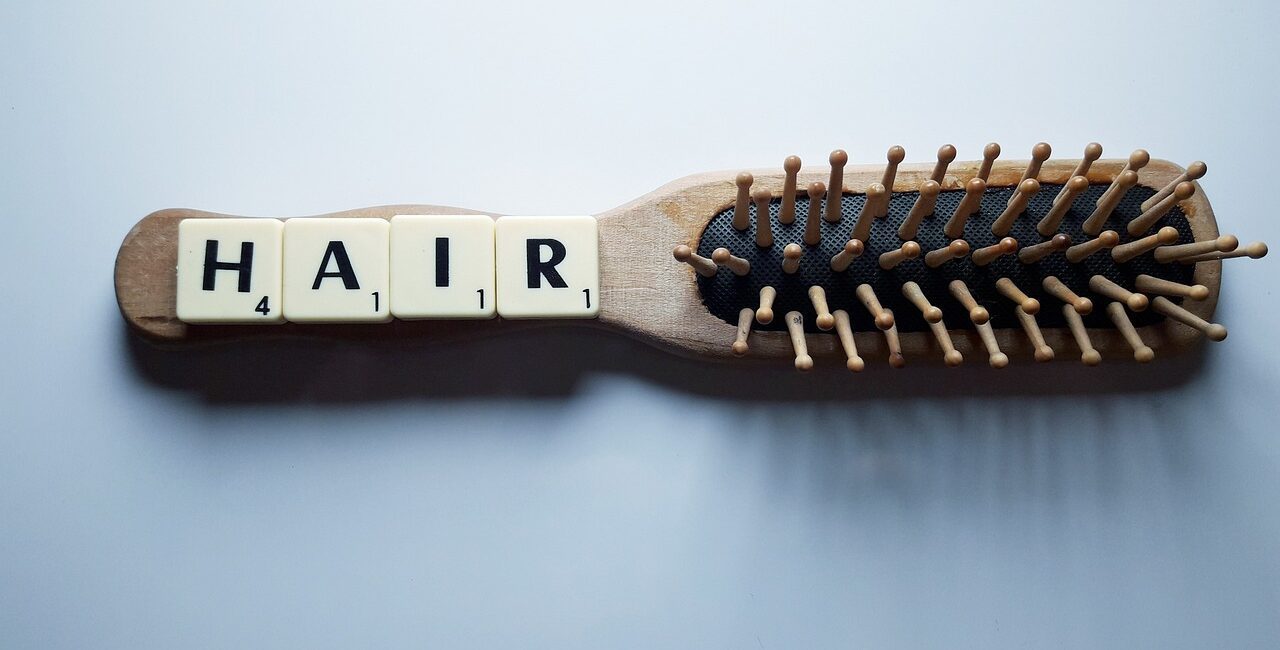



Are you feeling hopeless and frustrated due to hair loss? Don’t worry, because there is hope! Dermatologists are here to help you regain your confidence and find solutions to your hair loss problems. With their expertise and knowledge, they can guide you through various treatments and techniques that can effectively address your specific needs.
When it comes to hair loss, dermatologists are the go-to experts. They have a deep understanding of the causes of hair loss, which can range from genetic factors to hormonal imbalances and medical conditions. By identifying the underlying factors contributing to your hair loss, dermatologists can create a personalized treatment plan that suits you best.
Aside from providing effective treatments, dermatologists also understand the emotional impact of hair loss. They can offer emotional support, guidance, and coping strategies to help you boost your self-esteem and overall well-being. Remember, you are not alone in this journey. Dermatologists are here to provide hope and help you regain your confidence.
Table of Contents
ToggleUnderstanding the causes of hair loss is crucial in finding effective solutions. There are various factors that can contribute to hair loss, including genetics, hormonal imbalances, and medical conditions. Dermatologists have the expertise to identify the underlying causes and develop personalized treatment plans.
Genetics play a significant role in hair loss. If your parents or close relatives have experienced hair loss, you may be more prone to it. Hormonal imbalances, such as those caused by thyroid disorders or hormonal changes during pregnancy, can also lead to hair loss. Additionally, certain medical conditions like alopecia areata or scalp infections can contribute to hair loss.
By consulting with a dermatologist, you can gain a better understanding of the specific factors contributing to your hair loss. They will conduct a thorough evaluation, which may include blood tests, scalp examination, and medical history review. This comprehensive approach allows dermatologists to tailor treatment plans to address the root causes of hair loss.


Treatment options for hair loss are diverse and can be tailored to meet the individual needs of each person. Dermatologists are experts in this field and can provide guidance and support in choosing the most suitable treatment. Medication is one common option for hair loss, with various oral and topical medications available to slow down hair loss and promote regrowth. Another option is laser therapy, which uses low-level laser light to stimulate hair follicles and encourage new hair growth. For more severe cases, hair transplant surgery may be recommended, where hair follicles are taken from one part of the body and transplanted to the balding areas.
In addition to these treatments, dermatologists may also recommend lifestyle changes and hair care practices to improve the overall health of the hair and prevent further loss. This may include adopting a balanced diet rich in vitamins and minerals, reducing stress levels, and avoiding harsh hair treatments. It is important to consult with a dermatologist to determine the best course of action based on individual needs and preferences. With the help of a dermatologist, individuals experiencing hair loss can explore the various treatment options available and find hope in regaining their confidence and self-esteem.


When dealing with hair loss, emotional support and coping strategies are essential for maintaining a positive mindset and overall well-being. Dermatologists understand the emotional impact of hair loss and are equipped to provide guidance and resources to help individuals cope with this challenging experience.
One coping strategy that dermatologists often recommend is joining support groups or seeking therapy. Connecting with others who are going through similar experiences can provide a sense of community and understanding. Additionally, therapy can help individuals process their emotions, build resilience, and develop effective coping mechanisms.
In addition to emotional support, dermatologists can also offer practical techniques to boost self-esteem. They may recommend styling tips, such as using hair accessories or trying different hairstyles, to help individuals feel more confident and comfortable with their appearance. Dermatologists can also provide information about scalp care, nutrition, and lifestyle changes that can promote hair health.
Overall, the emotional support and coping strategies provided by dermatologists are invaluable in helping individuals navigate the challenges of hair loss. By addressing both the physical and emotional aspects of hair loss, dermatologists offer hope and guidance, empowering individuals to regain their confidence and live their lives to the fullest.
